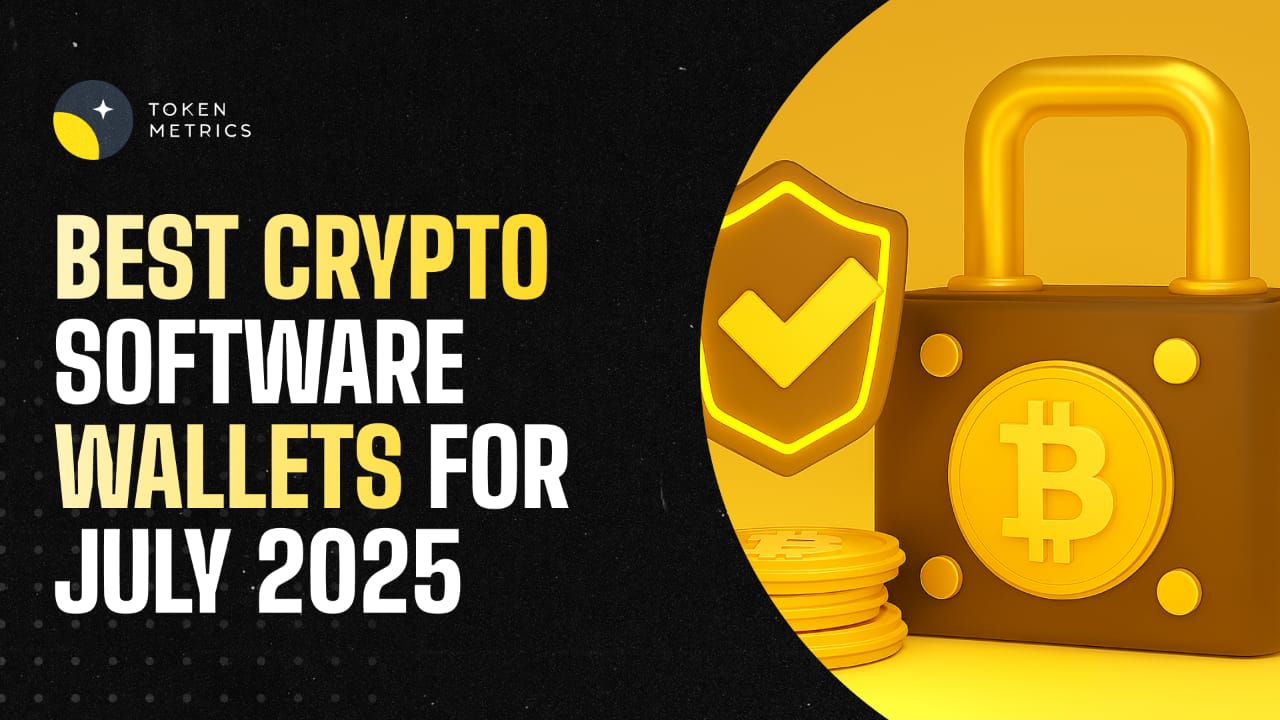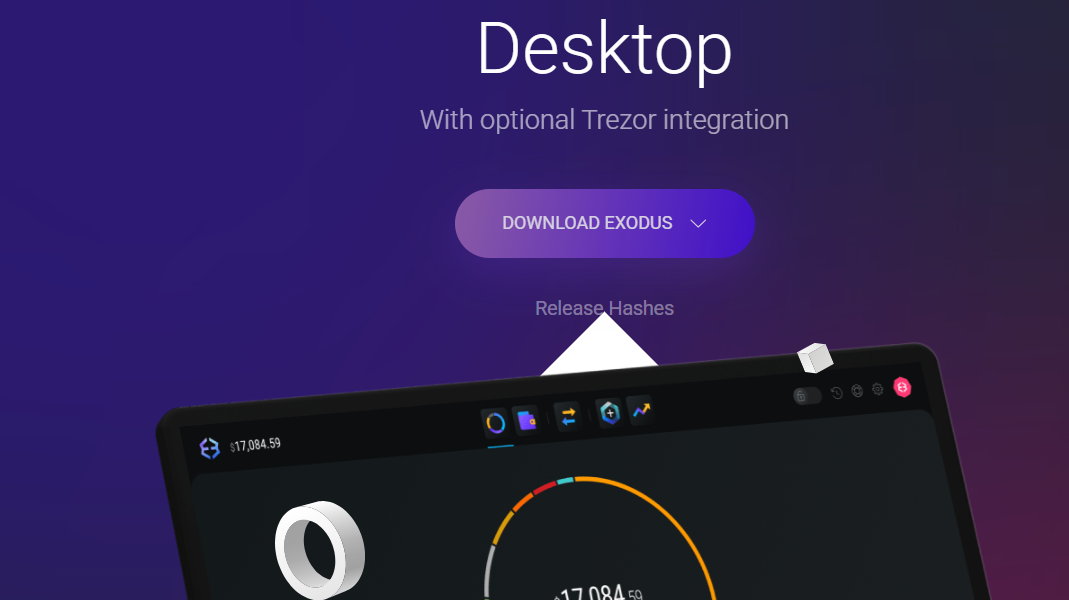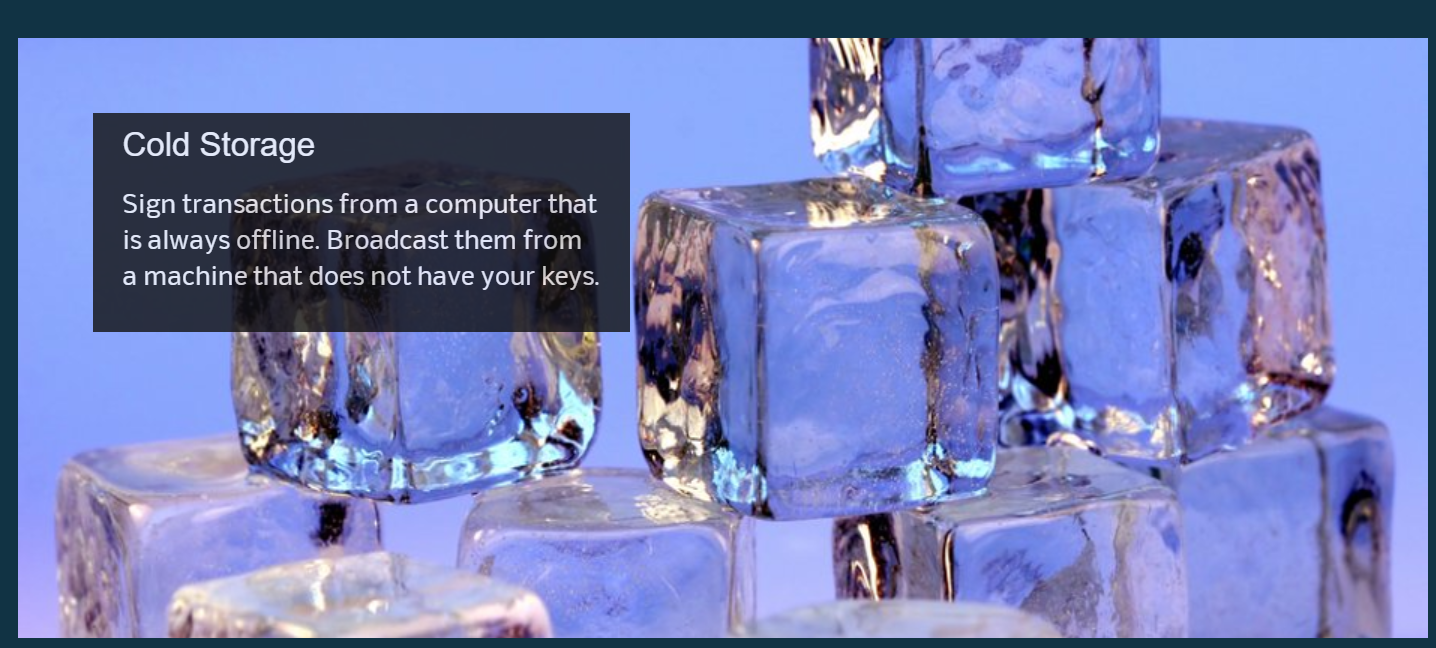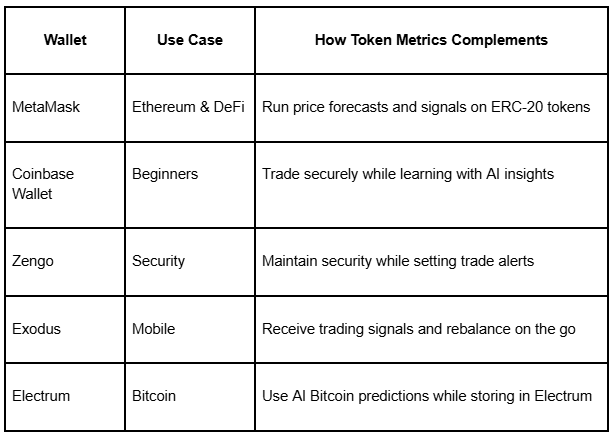Best Crypto Software Wallets for July 2025

And How Token Metrics Lets You Trade Securely With Any Wallet
Cryptocurrency adoption continues to rise in 2025, and with it, the demand for secure, user-friendly, and feature-rich crypto software wallets. Whether you're storing Bitcoin, trading Ethereum, or experimenting with altcoins, having a reliable wallet is the foundation of safe crypto ownership.
This guide ranks the top crypto software wallets of July 2025 across different categories, from best security to best for mobile use. We also explore how Token Metrics, the leading AI crypto trading platform, allows users to connect any of these wallets via an encrypted channel—giving you access to powerful AI-driven tools while retaining full custody of your assets.

🔐 What Is a Crypto Software Wallet?
A crypto software wallet is a digital application that stores your private keys and enables you to send, receive, and manage cryptocurrencies. These wallets can be hot (internet-connected) or cold (offline) and often come with trading, staking, and asset management tools. The best wallets balance security, usability, and functionality—and increasingly, they integrate with platforms like Token Metrics to enable AI-powered trading without giving up control of your assets.
🏆 Top Crypto Software Wallets – July 2025
1. Zengo – Best for Security

- Supported Cryptos: 380
- Hot or Cold: Hot Wallet
- Cost: $129.99/year or $19.99/month
- Hardware Wallet Support: ❌
Zengo tops the list for users prioritizing wallet security. With no reported wallet hacks and weekly software updates, Zengo protects over 1.5 million users globally. It also supports buying, selling, and staking, making it ideal for long-term holders.
Pros:
✔️ Industry-leading security measures
✔️ Staking and fiat funding options
✔️ Encrypted backup and biometric authentication
Cons:
❌ Premium pricing
❌ No hardware wallet compatibility
2. Coinbase Wallet – Best for Beginners & Low Costs

- Support Cryptos: 5,500
- Hot or Cold: Hot Wallet
- Cost: Free
- Hardware Wallet Support: Partial (via Ledger transfer)
Coinbase Wallet is perfect for newcomers. It’s intuitive, completely free to use, and connects seamlessly to the larger Coinbase ecosystem. Users can access over 5,500 tokens and learn the ropes through its built-in educational resources.
Pros:
✔️ Beginner-friendly UI
✔️ Massive token support
✔️ Customizable network fees
Cons:
❌ Code not open source
❌ No address rotation
❌ Doesn’t fully support hardware wallets
3. Exodus – Best for Mobile

- Supported Cryptos: 281
- Hot or Cold: Hot Wallet
- Cost: Free
- Hardware Wallet Support: ✅ (Trezor)
Exodus excels on mobile with sleek design and robust functionality. It allows users to buy, sell, stake, and swap directly on their mobile device and integrates with Trezor hardware wallets for additional security.
Pros:
✔️ Cross-platform (desktop, browser, mobile)
✔️ Built-in portfolio tracking
✔️ Trezor integration
Cons:
❌ No in-house exchange
❌ Email-only support
❌ Not open source
4. Electrum – Best for Bitcoin

- Supported Cryptos: Bitcoin Only
- Hot or Cold: Both
- Cost: Free
- Hardware Wallet Support: ✅
A trusted wallet since Bitcoin’s early days, Electrum is ideal for Bitcoin maximalists. It’s lightweight, fast, and secure, with deep customization options for advanced users.
Pros:
✔️ High performance for BTC
✔️ Cold storage compatible
✔️ Open-source and auditable
Cons:
❌ No support for altcoins
❌ Not user-friendly for beginners
❌ No staking or DeFi features
5. MetaMask – Best for Ethereum

- Supported Cryptos: 300+ (ETH & ERC-20)
- Hot or Cold: Both
- Cost: Free
- Hardware Wallet Support: ✅
For Ethereum users, MetaMask is the go-to wallet. It enables DeFi, NFTs, and Web3 access with ease. It supports both hot and cold storage and integrates with platforms like OpenSea, Uniswap, and now, Token Metrics.
Pros:
✔️ Built for Ethereum ecosystem
✔️ DeFi-ready
✔️ Cold wallet compatible
Cons:
❌ No Bitcoin support
❌ Limited customer support
❌ Doesn’t rotate addresses automatically
🔍 How Token Metrics Works with Your Crypto Wallet
Token Metrics is not a wallet, exchange, or custodian—it’s an AI-driven crypto research and trading platform. But it seamlessly integrates with your preferred wallet using secure, encrypted wallet connections.

🔐 Secure Wallet Integration
Token Metrics allows users to connect wallets like MetaMask, Coinbase Wallet, Trust Wallet, or any Web3-compatible wallet using industry-standard encryption. You never deposit funds on the platform—instead, you retain full control over your crypto while accessing:

- AI-generated trading signals
- Real-time price predictions
- Altcoin Moonshot picks
- Portfolio rebalancing tools
- Custom alerts and automation
🛡️ Why It Matters:
With so many platforms requiring you to deposit crypto into centralized accounts, Token Metrics stands apart by offering non-custodial AI-powered trading. You keep your assets in your chosen wallet while using advanced tools that would normally be reserved for hedge funds or trading desks.
💡 Why Token Metrics + Top Wallets = The Perfect Pair

🚨 A Word of Caution
Crypto is a volatile and speculative market. Even with the best wallet and the most advanced AI platform, there are risks. Always use two-factor authentication, avoid phishing attempts, and never share your seed phrase.
🏁 Final Thoughts
Choosing the best crypto software wallet in July 2025 depends on your priorities: security, mobility, beginner-friendliness, or asset specialization. But if you want to take things further, pairing your wallet with Token Metrics’ AI research and trading tools is the smartest way to stay ahead.
Whether you’re holding Bitcoin in Electrum or swapping altcoins via MetaMask, Token Metrics helps you trade smarter, not harder, without compromising the safety of your assets.
Create Your Free Token Metrics Account

.png)




%201.svg)
%201.svg)


%201.svg)










.svg)




.png)